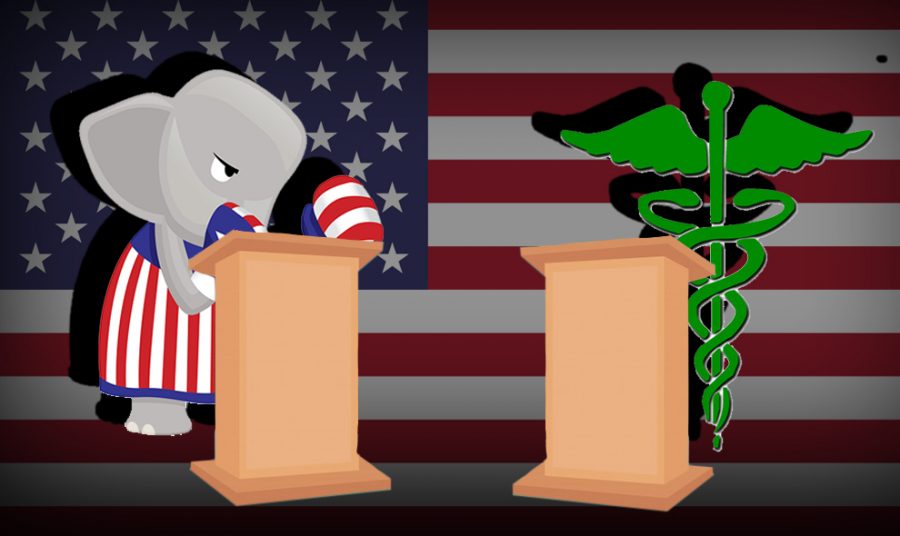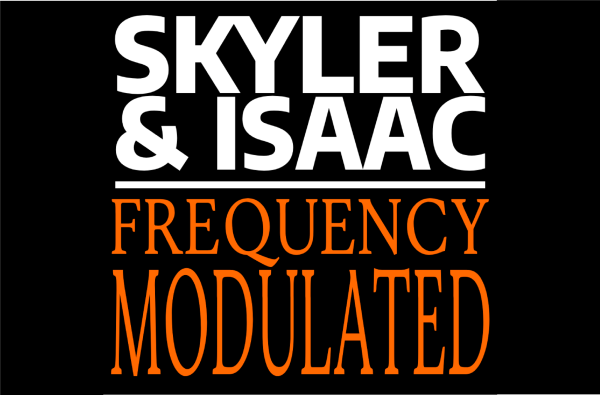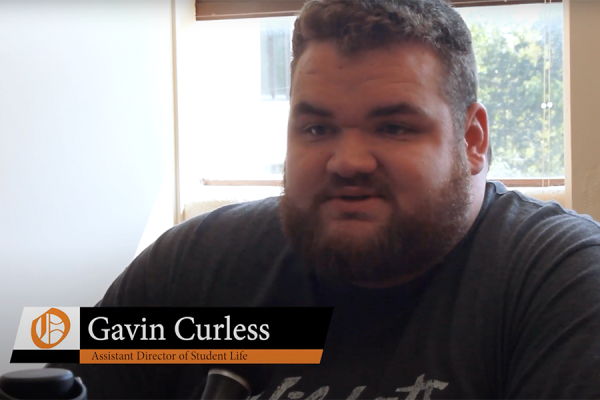Millennials should join health care debate
The recent health care debate has sparked some controversy in its effects on different demographic groups. Though the baby-boom generation is largely affected by the potential change in funds allocated to programs like Medicaid, millennials may be the generation to see the most long-term effects.
Throughout Donald Trump’s presidential campaign of 2016, the repeal and replacement of “Obamacare” was one item that shaped much of his platform. In March 2017, the House of Representatives presented the American Health Care Act (AHCA) as the beginning of the Republican health care movement.
Though the bill saw immediate support from Trump, the timeline has not been as strong in support of both the House and the Senate, with multiple amendments and discussions stopping much its movement. Of course, each of these is important to the development of the most beneficial health care plan moving forward; however, these changes have been dominating headlines for nearly six months of Trump’s presidency with no firm changes in sight.
Potentially the most influential modification to health care moving forward is the impact it may have on insurance companies. As insurance companies lose the subsidies that have traditionally allowed them to provide health care for lower-income individuals and families under the Affordable Care Act, they will no longer have the incentive to offer these low-cost plans.
Unfortunately, with this subsidy elimination comes an even higher increase in insurance companies’ risk levels. This will cause increases in insurance premiums for almost everyone, as the future of the healthcare industry remains highly uncertain and insurance companies will be looking to continue mitigating as much risk as possible.
For college students, most essential to this is new plan includes its effects on them as they prepare to enter the world. When joining the workforce, it will be important that students stay aware of the potential their government representatives have on influencing these changes to medical support and vote accordingly.
As each new presidential term brings about constant desired changes within health care, it is nearly impossible to prepare oneself for the costs associated with health insurance. Though it’s not directly in our hands, the influences of the millennial generation may be some of the strongest the country has seen.
As college students prepare themselves to enter the workplace, they must take a holistic view of a job, recognizing that the insurance benefits that a company offers are also assets of that career opportunity. Insurance companies may begin to look toward the future of their employee benefits programs, and firms – big and small – will have to act accordingly, ultimately affecting the millennials who begin to enter the workforce.
Sure, the entire health care adjustment will take time, but the best way to handle these impending changes is to be prepared. What the millennial generation can be doing now includes getting a better grasp on the role that potential health care changes play within their decision-making.
Staying informed will continue to be even more critical as each moment passes. Millennials are the future of healthcare, of the workplace and of the world. It is officially their time to voice their opinions, stay up-to-date and, most importantly, work to make drastic changes within the healthcare industry.







